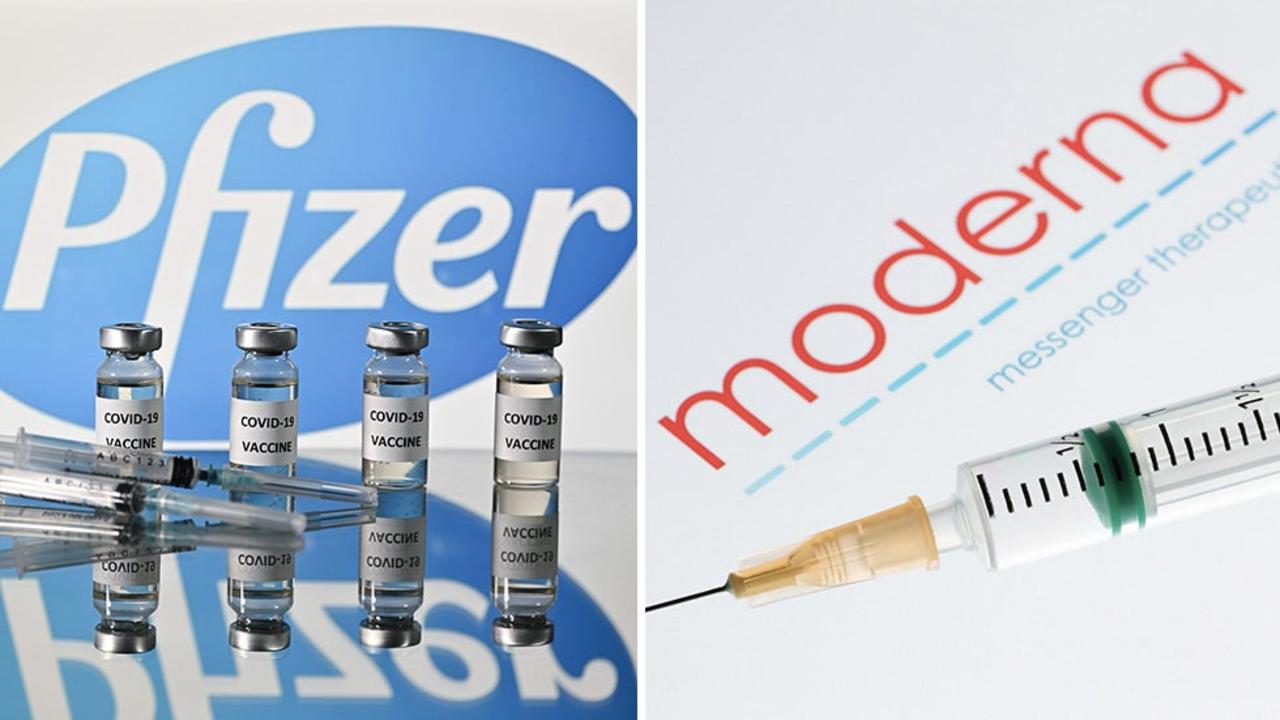
Moderna vs.
Pfizer: , Which COVID-19 Vaccine, Offers the Longest Protection?.
After the coronavirus vaccines were granted emergency authorization, federal health officials said the different shots were all equally effective.
After the coronavirus vaccines were granted emergency authorization, federal health officials said the different shots were all equally effective.
According to 'The New York Times,' recent studies suggest that may not be the case over time.
.
In the United States, roughly 221 million doses of the Pfizer-BioNTech vaccine have been administered.
Compared to about 150 million doses of Moderna’s vaccine.
In six studies published in recent weeks, Moderna’s vaccine appeared to be more effective over the long term than the Pfizer-BioNTech vaccine.
Research published by the CDC found that the efficacy of the Pfizer-BioNTech vaccine fell from 91% to 77% after a four-month period following the second shot.
Research published by the CDC found that the efficacy of the Pfizer-BioNTech vaccine fell from 91% to 77% after a four-month period following the second shot.
Over the same period of time, the Moderna vaccine showed no decline in its protection against hospitalization.
The 'NYT' reports that if the efficacy gap continues to widen, it may have implications for the debate on booster shots.
Federal agencies are currently considering recommending a third shot of the Pfizer-BioNTech vaccine for some high-risk groups.
Scientists, initially skeptical of the reported differences, have slowly accepted there exists a small, but real, disparity.
Scientists, initially skeptical of the reported differences, have slowly accepted there exists a small, but real, disparity.
The 'NYT' also points out that the data indicating that effects vary are based mostly on observations... ... since the vaccines have never been directly compared in a carefully designed study




